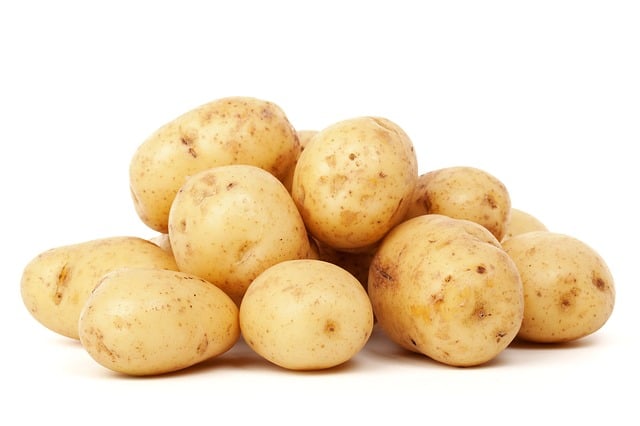Michigan State University (MSU) has received US$700,000 from the United States Department of Agriculture (USDA) to invest in its potato breeding and genetics program, a release from the university says.
The project will focus on identifying new varieties with superior agronomics and end-use quality, screening elite germplasm for resistance to key pests, developing and leverage genomic tools to enhance breeding efficiency, and transferring new varieties from the breeding programs to the commercial sector.
Dave Douches, a professor in the MSU Department of Plant, Soil and Microbial Sciences, will lead the project. Douches has been in charge of the potato breeding and genetics program for nearly 30 years. The program has produced nearly 30 new potato varieties.
In the release, Douches says geneticists are looking not only to improve varieties for growers by focusing on disease and pest resistance, but also to meet consumer demand. Enhanced nutritional profiles for food products are a crucial aspect of the research.
“The companies we’re working with want to explore how we can improve the nutritional properties of our varieties. This can help us make snacking healthier, and all of our partners — from growers to companies — have shown interest in that,” he says.
The money is part of a US$2.25 million four-part grant to support potato breeding in strategic areas across the country, which includes partnering institutions University of Minnesota, North Dakota State University and the University of Wisconsin.











